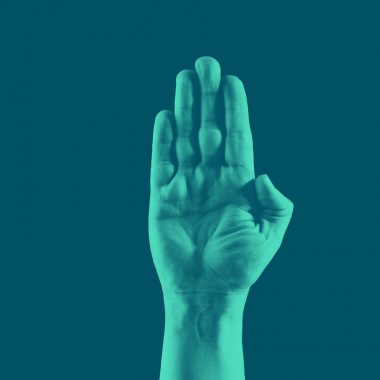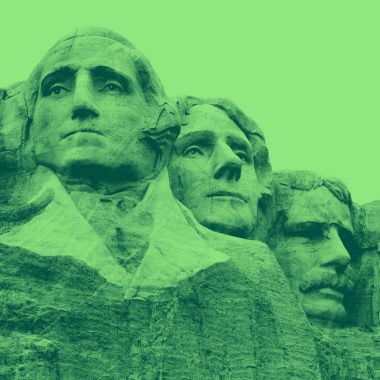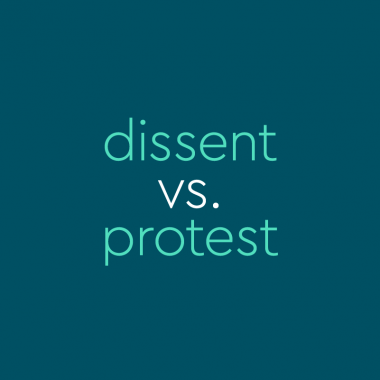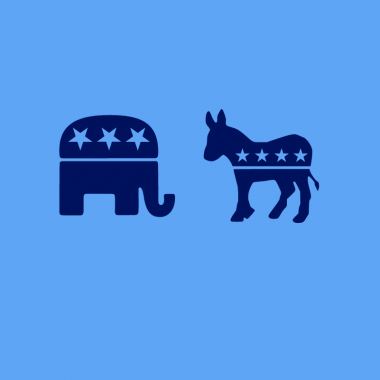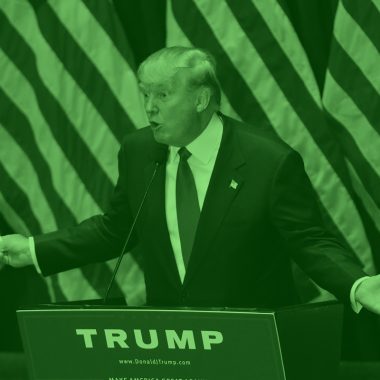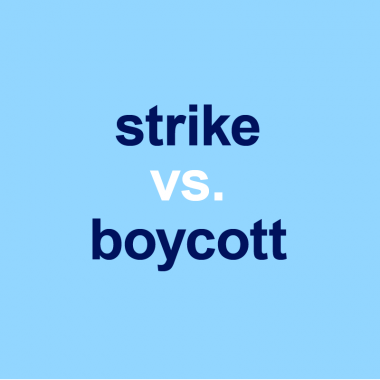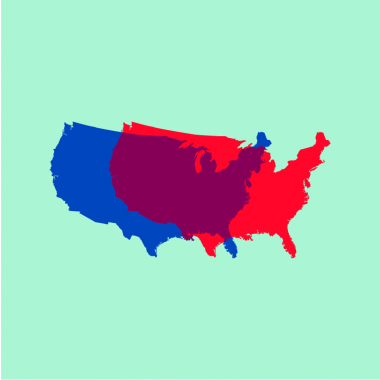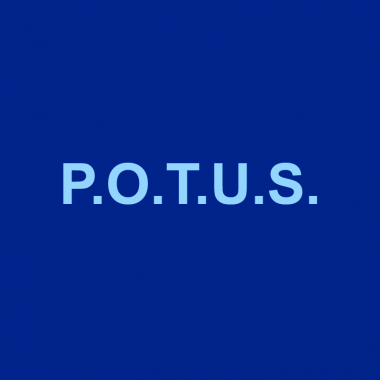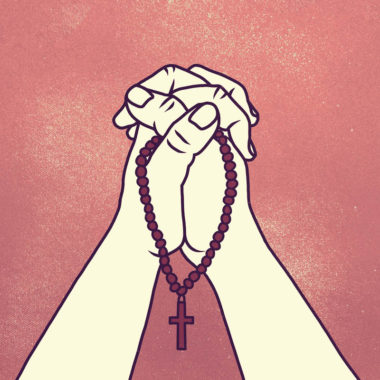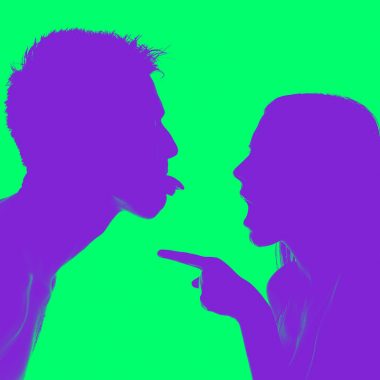What Is In The Oath Of Office?
Like clockwork, we hear the presidential oath of office every four years. Thirty-five words that basically give the incoming Chief Executive the keys to the proverbial car. And the nuclear launch codes. The National Museum of American History says that Article 2, Section 1 of the Constitution “requires that before presidents can assume their duties they must take the oath of office.” Once the incoming …
